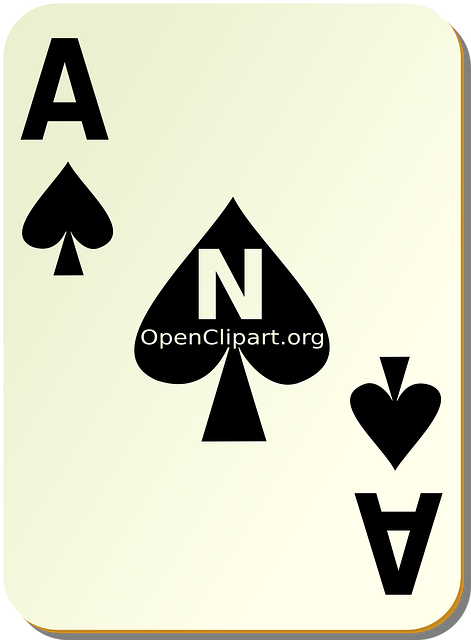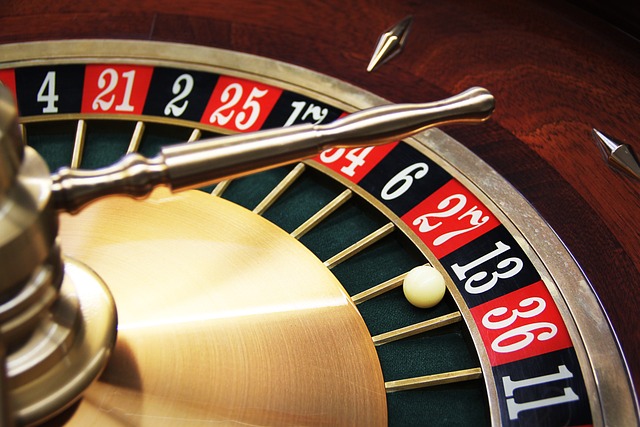The European Union's (EU) gambling markets are shaped by a delicate balance between overarching regulations and national autonomy, presenting unique challenges for operators and opportunities for players. Key jurisdictions like the UK, Malta, Gibraltar, and Estonia offer distinct advantages through their robust yet transparent licensing frameworks, consumer protection measures, and fair gaming practices. The EU's Uniform Gambling Licensing framework ensures integrity across member states, while independent auditing and stringent regulations safeguard consumers from fraudulent activities, fostering a safe and competitive environment for online gamers under the umbrella of Gambling Laws EU.
In the dynamic landscape of online gambling, understanding the intricate web of Gambling Laws EU is paramount. The European Union’s regulatory framework not only shapes the industry but also ensures consumer protection and fair gaming practices across its member states. This article guides you through the key aspects, highlighting top EU countries for online gambling and their unique licensing frameworks. By exploring these regulations, we aim to equip both players and operators with valuable insights into navigating the European market.
- Understanding Gambling Regulations within the EU
- Top EU Countries for Online Gambling and Their Licensing Frameworks
- Consumer Protection and Fair Gaming Practices Under EU Law
Understanding Gambling Regulations within the EU

The European Union (EU) is home to a diverse range of gambling markets, each with its own set of regulations. Understanding Gambling Laws EU is paramount for both operators and players to ensure compliance and a fair gaming environment. The EU’s single market principles require member states to harmonize their laws, creating a relatively consistent framework across the bloc. However, individual countries retain significant autonomy in shaping their gambling policies.
This dual nature means that while there are overarching rules designed to protect consumers and ensure fair competition, each nation can implement its own specific requirements. Key aspects of Gambling Laws EU include licensing frameworks, age restrictions, deposit limits, and problem gambling measures. Operators must navigate these varying standards to offer services legally in different EU territories.
Top EU Countries for Online Gambling and Their Licensing Frameworks

When it comes to online gambling, several European Union (EU) countries have established robust licensing frameworks that ensure fair play and protect players’ interests. The top EU countries for online gambling include the United Kingdom, Malta, Gibraltar, and Estonia. These jurisdictions have gained popularity among operators due to their transparent and well-regulated environments.
The UK Gambling Commission is one of the most respected regulatory bodies, known for its stringent licensing requirements and effective enforcement. Malta, through its Gaming Authority, has also become a hub for online gambling with its favorable tax regime and advanced legal framework. Gibraltar, another British territory, offers a secure and stable environment, while Estonia’s e-Resort license has attracted numerous iGaming companies due to its straightforward application process and modern legislation. Each of these countries has unique Gambling Laws EU that cater to the evolving needs of the online gaming industry.
Consumer Protection and Fair Gaming Practices Under EU Law

Under the framework of EU law, consumer protection and fair gaming practices are paramount. The European Union has established stringent regulations to ensure that online gambling sites operate transparently and ethically across all member states. These laws protect consumers by setting clear guidelines on licensing, game fairness, and responsible gaming.
One key aspect is the Uniform Gambling Licensing framework, which standardizes the approval process for gambling operators within the EU. This ensures that sites adhere to similar standards of integrity and security. Additionally, EU legislation mandates independent auditing and testing of games to guarantee randomness and player protection. These measures foster a level playing field, ensuring that gamers across Europe enjoy safe and fair experiences without being exposed to fraudulent practices or misleading information.
The intricate web of Gambling Laws EU shapes a safe and regulated online gambling landscape across member states. By understanding these regulations, consumers can make informed choices while enjoying fair gaming practices. Each country within the EU has its unique licensing frameworks, but all strive to protect consumers and ensure integrity in the industry. This comprehensive guide highlights the best practices, providing a clear direction for both gamers and operators navigating this dynamic market.






